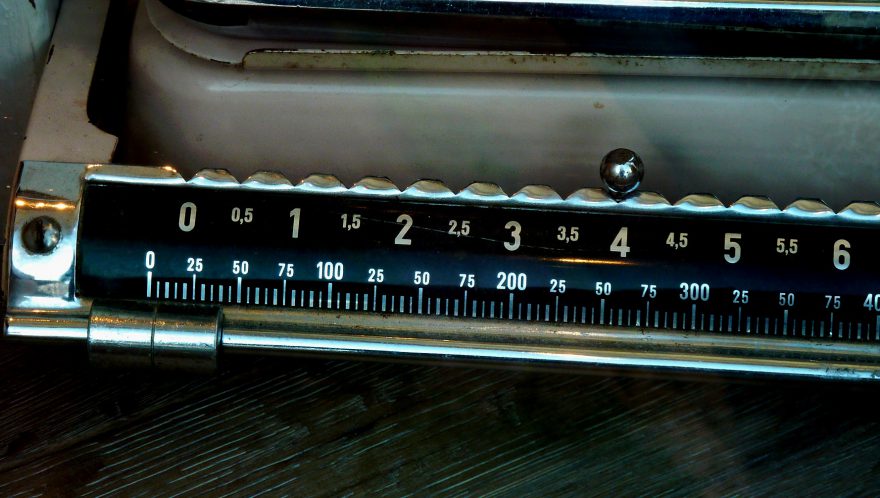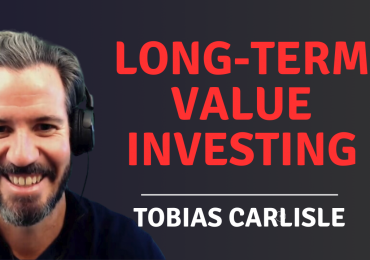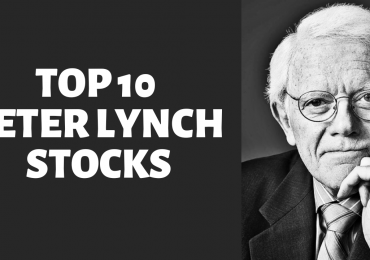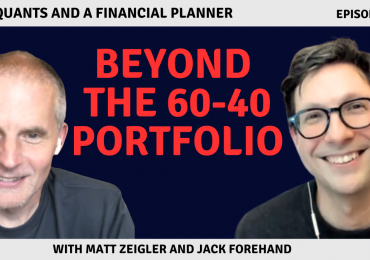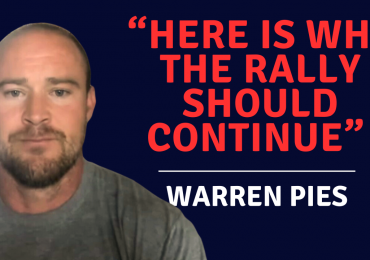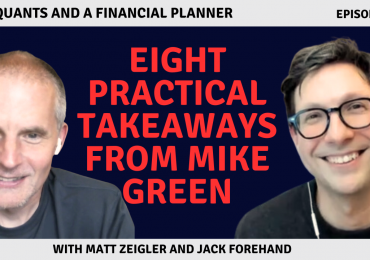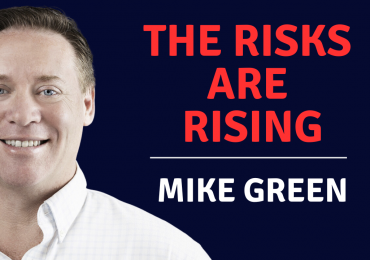By Jack Forehand, CFA, CFP® (@practicalquant) —
In the short run, the market is a voting machine but in the long run, it is a weighing machine.
Benjamin Graham (Sort Of)
I am probably one of the biggest users there is of the Ben Graham quote above. I use it in articles. I use it in podcasts. I also use it in presentations. Whenever someone like me uses this quote, we are basically trying to make the same point. That point is that the market can be irrational in the short-term and supply and demand can cause prices to stray far from intrinsic value, but eventually fundamentals matter and things like earnings and cash flows drive stock prices.

For those of us who are value investors, the past decade has included a lot more voting and a lot less weighing than we would like. It started with significant expansion in the valuations in growth stocks, but has moved on to a place where there seems to be a new asset every day that doubles without the presence of a fundamental reason for why it did. Instead of getting texts from friends asking for advice on which growth stocks to buy like I did a few years ago, I now get texts asking if it is time to book profits in Dogecoin and rotate into Shiba Inu. For the record, I don’t ever answer these types of questions, but the fact they are being asked certainly implies that the market is doing a lot more voting these days than weighing.
But the big question is, what does that mean for your average investor? Is all of this about to implode around us? Or are we in a new world where voting is all that matters and those of us who are waiting for some weighing to occur are going to be very disappointed?
I usually like to write articles where I can provide at least some degree of answers to the questions I pose. But in this case, I am not sure I can do that. What I think is more important than having the answers here is that all of us have the discussion and consider what it means for investing going forward.
Voting In Disguise
Even in situations where it seems like weighing is going on, it might be just voting disguised in such a way that it makes it appear to be something it isn’t. For example, have investors driven up value stocks in the past year because they have recognized they are cheap, they typically do well on the back side of recessions, and their earnings will be stronger in an inflationary environment? Or are they just buying them because everyone else is and the resurgence in value is just being driven by narrative? I personally believe that there is a strong fundamental reason for the resurgence in value, but I also need to recognize that voting is likely also playing a significant role.
All of us need to keep in mind that markets are driven by supply and demand. As Ben Hunt and Rusty Guinn put it on a recent Epsilon Theory podcast, the market is always a voting machine, but it is a voting machine where the participants doing the voting sometimes care about fundamentals and sometimes don’t.
Even Graham himself acknowledged this. Although the Graham quote above is widely used, there is one major problem with it, as my business partner Justin Carbonneau recently pointed out to me: he never said it. The quote is taken from something Warren Buffett said when referring to Graham.
Here is what Graham actually said in Security Analysis:
In other words, the market is not a weighing machine, on which the value of each issue is recorded by an exact and impersonal mechanism, in accordance with its specific qualities. Rather should we say that the market is a voting machine, whereon countless individuals register choices which are the product partly of reason and partly of emotion.
So even Graham acknowledged that the market is always a voting machine, albeit one that should eventually be driven by fundamentals.
Are Fundamentals Dead?
Before you get the impression that I am advocating the idea that fundamentals don’t matter anymore, I can assure you that I am not.
Although the market is always a voting machine, I also believe it is a rational one in the long run. And when investors are rational and are buying shares of businesses, eventually the cash flows generated by those businesses will matter. The principles that ultimately drive the intrinsic value of a public company are the same ones that drive the value of a private one. At some point the cash flows have to be there or investors will turn their attention elsewhere.
We have been in a unique situation in the past decade where capital has been widely available and rates have been near zero. In a situation like that, companies don’t need to rely on their own cash flows to fund their businesses. When that changes, companies that are able to fund their operations internally will have a huge advantage. And companies that have relied on debt and ultra-low borrowing costs will likely have that weakness exposed. But that day could be further out than many of us who invest using fundamentals would like to see.
In the end, I think those of us who have highlighted the fact that the market is a weighing machine in the long-term have to accept that there will always be periods where weighing won’t occur and those who endorse that view that the market is a voting machine need to accept that the day will likely come when cheap money isn’t as widely available as it is now and that voting will be more based on fundamentals than it has been in recent years. When that will happen, however, is anyone’s guess. But in the long-run I continue to be a believer in the Graham quote I started the article with, even if he never said it.

Jack Forehand is Co-Founder and President at Validea Capital. He is also a partner at Validea.com and co-authored “The Guru Investor: How to Beat the Market Using History’s Best Investment Strategies”. Jack holds the Chartered Financial Analyst designation from the CFA Institute. Follow him on Twitter at @practicalquant.

